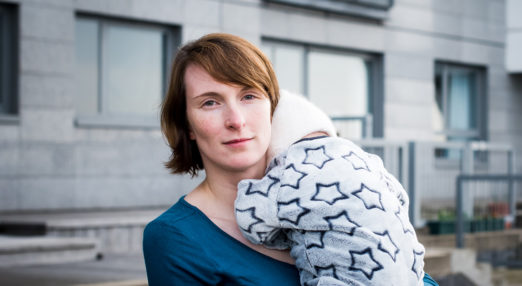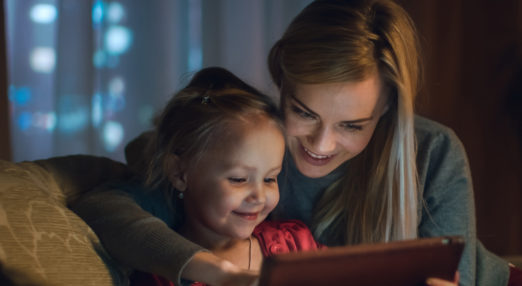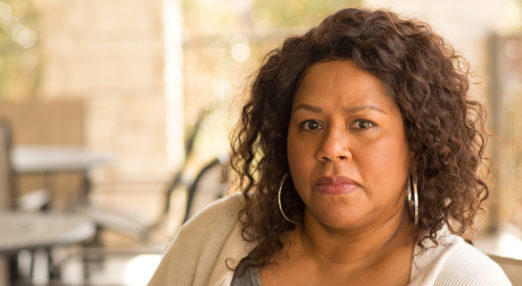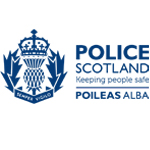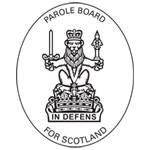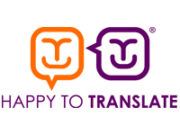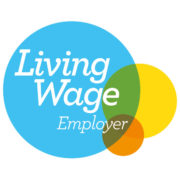Gender-based violence in schools, colleges and universities
When Fiona Drouet lost her daughter due to an abusive relationship, she founded the Scottish charity EmilyTest, campaigning tirelessly to promote the prevention and intervention of gender-based violence in schools, colleges and universities, as well as influencing policies and practices.
As part of the global 16 Days of Action campaign, she writes about her domestic abuse prevention work with young people.
Many young girls don’t feel the term domestic abuse applies to them. At school, college or university their situation might not be a domestic one if they still live at home or in halls of residence. Even if people aren’t living with a partner or in a ‘traditional’ relationship, they can still be in an abusive and controlling relationship. Often people do not realise that what is happening to them is abuse, that it is wrong. It can start so subtly and be hidden so well that it can be hard to recognise how dangerous a relationship has become.
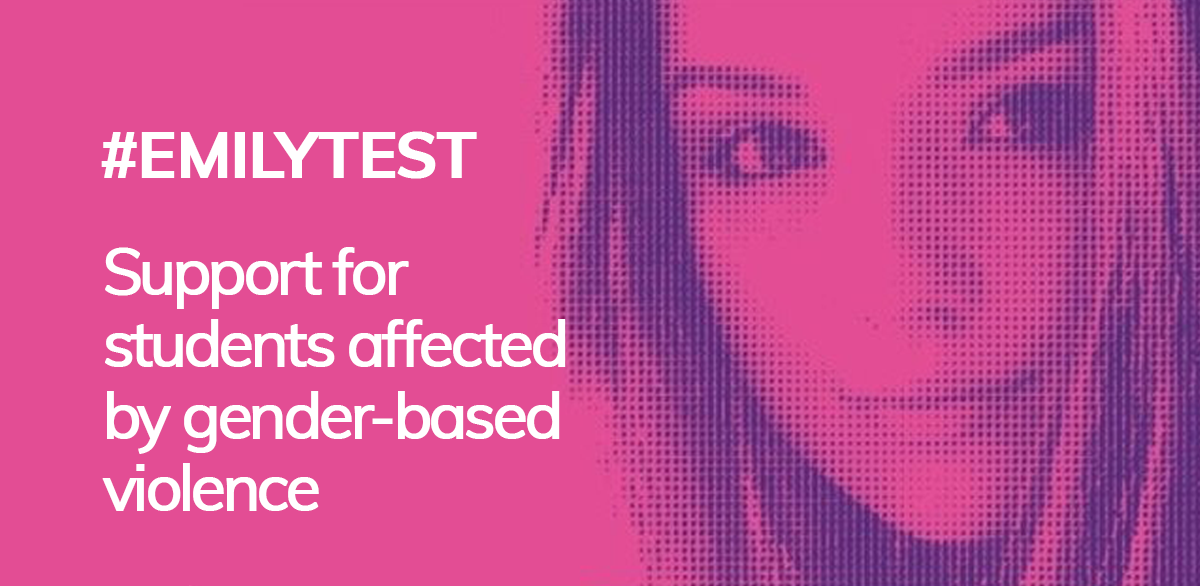
It’s so important to have these conversations with young people, to teach them what an abusive relationship is and where they can go for help. We work mainly with students in university and colleges, but also in schools. We talk about the prevention of gender-based violence and also mental health and suicide. We highlight the link between them and how damaging domestic abuse is.
We started speaking in colleges and universities, but quickly realised that we had to visit schools, too. Sadly, abuse is prevalent at a much younger age than we thought. Abusive behaviour can start to manifest in children around 12 years old. One of our domestic abuse support partners ASSIST has reported helping victim-survivors as young as 13 years old.
No matter who they are or what age, the main thing I want people to take away is that there is support out there, and that anyone affected by domestic abuse can reach out if they need to talk. It is never your fault. It is the fault of the perpetrator. They made the choice to abuse you.
Every time I give a talk at a school, college or university, I’ve received had disclosures of personal experiences of abuse from pupils, students or staff. I’m grateful that they trust me and get a feeling of some kind of support and acknowledgement by sharing their story. Often young people are scared to disclose abuse because we have a culture of victim blaming and we don’t believe people when they come forward. We particularly don’t believe people in those age groups, or that domestic abuse and controlling behaviour could happen to them.
"We want to make sure that what happened to Emily never happens to any other girl or family again."
It’s not so long ago when it was acceptable for a man to hit his wife, in fact it was legal until only a few decades ago, and we’re still working on these patriarchal attitudes across society. There are also very confusing and misleading messages in entertainment and media romanticising controlling and abusive behaviour, such as the film Fifty Shades of Grey being released on Valentine’s Day. We really need to educate young women and young men of all ages about the behaviours they are subjected to, what is normal to them and what is actually an abusive relationship. The lines are blurred. We need to educate young people and our communities that domestic abuse can happen at any age and in any relationship.
We want to make sure that what happened to Emily never happens to any other girl or family again. As well as our education work, we are currently working on a gender-based violence charter. It involved a large piece of research with over 300 students and staff asking them what was needed to make university and school spaces safe for young people.
We’re also working with universities and colleges to make sure that they have comprehensive responses to anyone impacted by domestic abuse and to increase prevention and intervention work. This includes a risk assessment for the ‘untrained eye’. Practitioners know what to look for, but often reports and disclosures come to people who have no experience of gender-based violence or how to provide a trauma-informed response. Disclosures might come to a librarian or cleaner rather than a trained student services staff member. We are trying to help higher education institutions ensure people have the resources to make sure a victim-survivor is safe in that moment in time and that they can get to a trained practitioner quickly.
The 16 Days of Action against domestic abuse and 16 Days of Activism against gender-based violence campaigns are about supporting women and girls around the world, and recognising that abuse and violence could happen to anyone. As part of the 16 Days global activity, we have launched a campaign with Medics Against Violence and Navigators Scotland, called In Your Shoes, highlighting the voices of victim-survivors and those who support them. We’re asking people to never turn a blind eye. If you see something that is concerning, please don’t dismiss signs that someone is being abusive or making someone else feel uncomfortable. You don’t have to confront people, you can make contact with someone in a discreet way. There is guidance available to help you do this from a number of organisations such as Victim Support Scotland.
Find out more about Fiona and EmilyTest’s work and campaigns at emilytest.co.uk.
Victim Support Scotland is here to help anyone affected by crime. If you need support, please contact us via our helpline (0800 160 1985), our webchat service (see bottom right) or our contact form.
Latest news and blogs
-
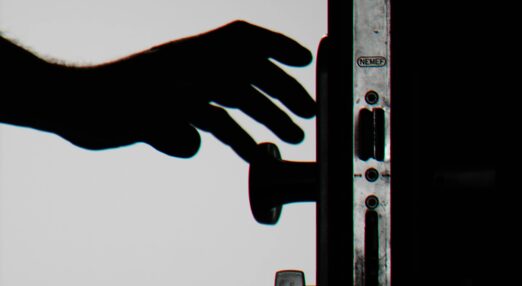
Victim Support Scotland voices concerns about Prisoners (Early Release) (Scotland) Bill
Victim Support Scotland has voiced concerns about the Prisoners (Early Release) (Scotland) Bill.
Read more
-

Media Reporting on Child Homicide – Victim Support Scotland Consultation Response
Victim Support Scotland's response to the Scottish Government consultation on Media Reporting on Child Homicide.
Read more
-
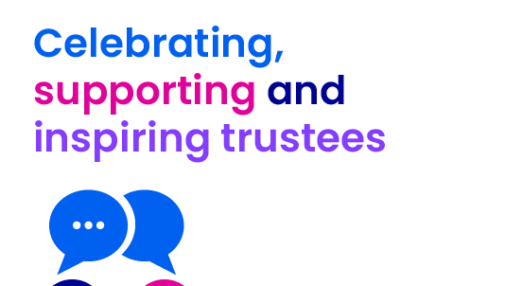
Highlighting the role of Trustees at VSS
We sat down with Gillian Imery, one of our trustees, to chat about the role she plays, why she decided to get involved with VSS, and how her skills and experience enrich our charity.
Read more
-

Statement on Homicide in Scotland figures
Victim Support Scotland has released a statement in response to the Homicide in Scotland figures released by the Scottish Government.
Read more
-
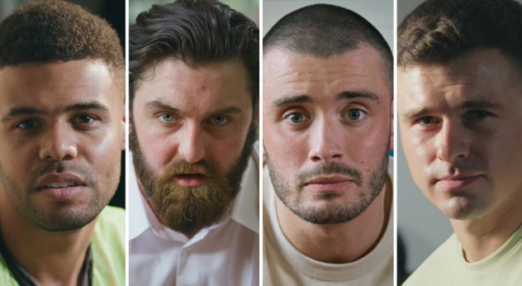
Statement on Police Scotland rape statistics
Victim Support Scotland has released a statement on the figures released by Police Scotland which show an increase in the number of rape cases reported within the last 6 months, alongside the launch of the latest 'That Guy' campaign.
Read more
-
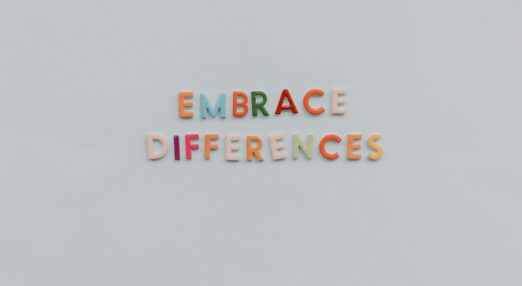
Victims of hate crime need to have their voices heard
This article by our Chief Executive Kate Wallace argues why more must be done to support victims of hate crime.
Read more
-

Statement on Scottish Government’s plans for Victim Notification Scheme reform.
Victim Support Scotland has released a statement on the Scottish Government's plans for reform of the Victim Notification Scheme.
Read more
-

Statement on Scottish Government plans for long-term prisoner release
Victim Support Scotland has released a statement on the Scottish Government's plans for long-term prisoner release.
Read more
-

Experiencing Hate Crime – Helena’s* story
When Helena’s* partner became disabled as a result of a severe stroke, they began to experience a series of hate crimes perpetrated against them by a neighbour. VSS supported her during the court process, towards the end of her ordeal. This is her story.
Read more
-

Your Views Needed – Media Reporting on Child Homicide Victims
We are encouraging people to respond to the Scottish Government’s consultation on Media Reporting on Child Homicide Victims.
Read more
-
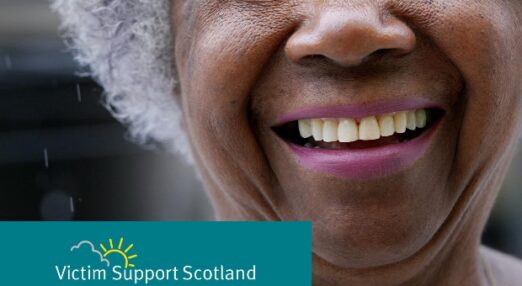
Victim Support Scotland Annual Report 2023/24
Victim Support Scotland has issued its Annual Report and Accounts for the 2023/24 financial year.
Read more
-

Statement on removal of under-18s from Scotland’s young offender institutions
Victim Support Scotland has released a statement commenting on the news that all under-18s have been removed from Scotland's young offender institutions.
Read more

